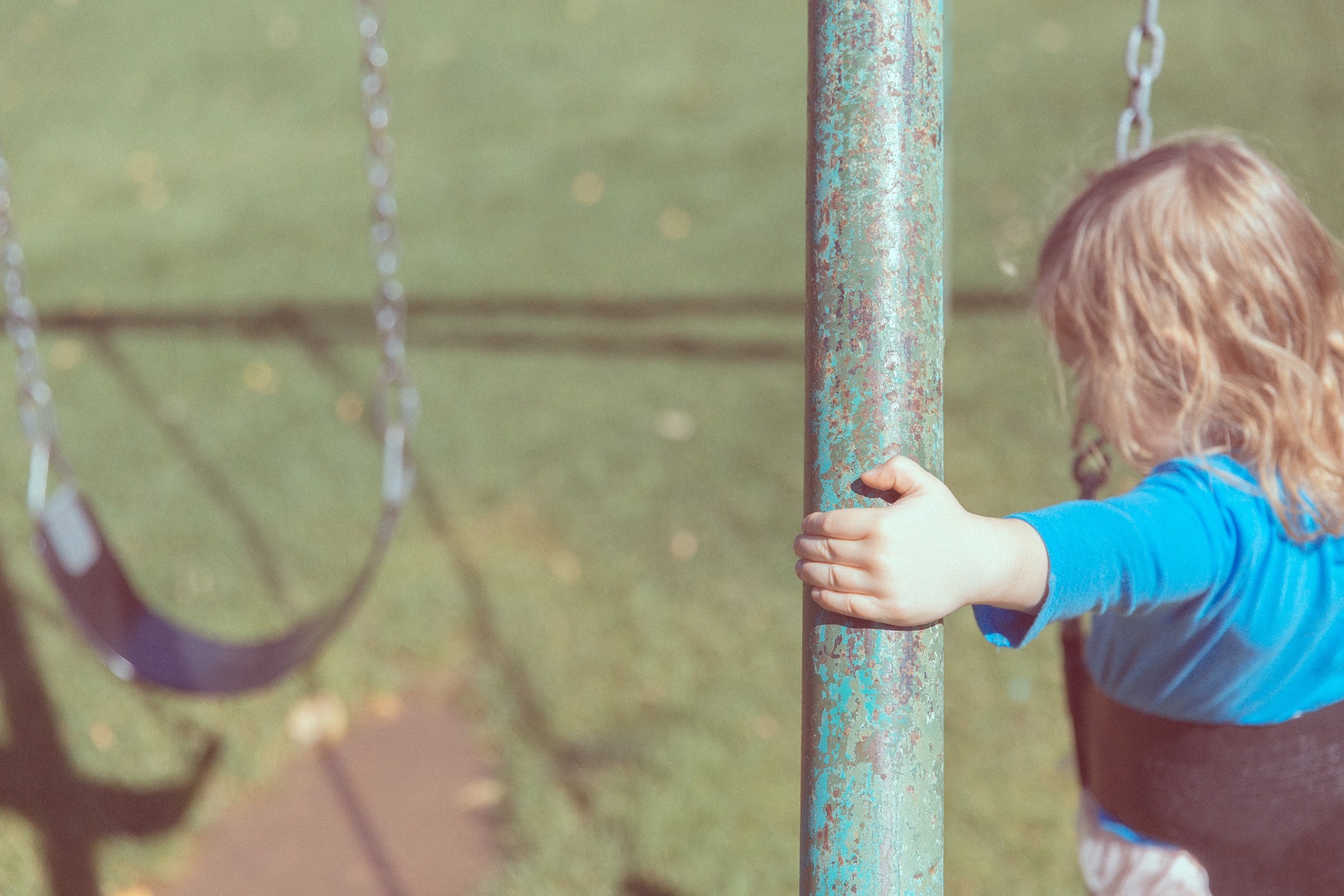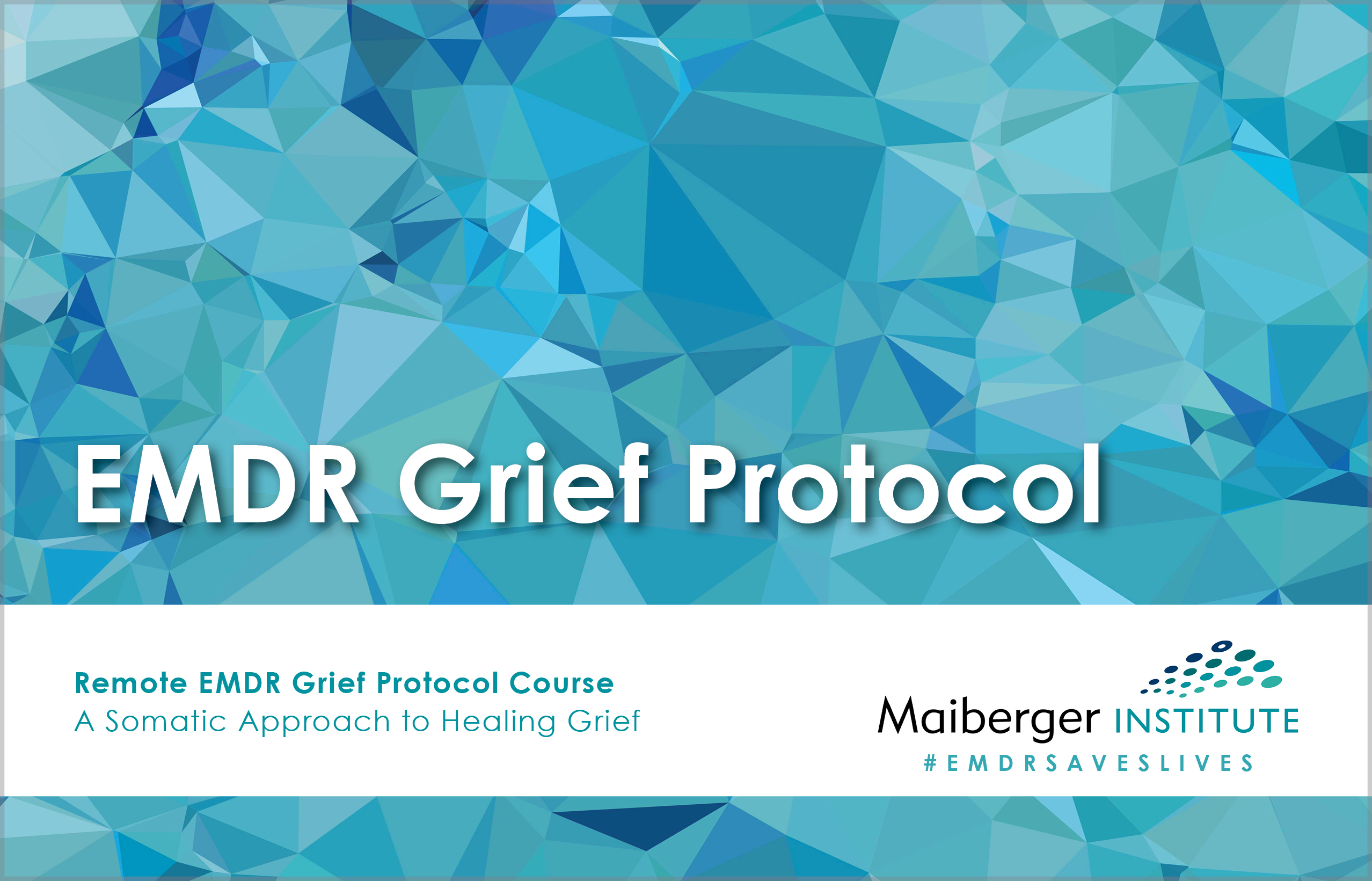We know intuitively that the death of a parent is one of the most traumatic events a child can experience. Research shows that the loss can be further complicated by the manor of death and the way the family, especially the surviving parent, is able to cope. The loss of a parent drops a child onto a path with innumerable hurdles with the normal milestones of growing up, but now with grief and loss attached. Events such as first days of school, graduations, birthdays, holidays, mastering a new skill, winning at a sport, seeking counsel and support are examples of all things that mark coming of age which can be accompanied by bitter sweetness, mixed feelings, and perhaps even renewed intense grief.
Our culture tends to mark death as a single event. We say, “I am sorry for your loss.” There is nothing wrong with this, but what is often missed is that, for the child, the death and loss is a collage of painful or frightening losses and memories — many, many moments spanning before and after the death. Here are a few examples:

- witnessing the parent’s illness and suffering
- seeing the parent’s body
- memories of conflict with the parent
- incremental or sudden loss of their parent’s attention and attunement
- having to take on new roles in the family
- losing physical or emotional safety
- changes due to the family’s loss of income
- the reaction of the surviving parent
- dealing with Mother’s Day or Father’s Day at school
- having new caregivers
Recalling that trauma is defined as an inescapable stressful event that overwhelms coping mechanisms, we know that the likelihood of multiple traumas exists within this series of events. Unless the family is somehow able to create a space for all of this, there is a tremendous likelihood that this child will grow up with unprocessed grief. Out of necessity, the child’s full experience goes underground becoming more like what I call covert childhood grief — grief an adult is aware of cognitively, but rarely feels or exposes to others in any detail. The child’s brain, coping with an overload of experiences, may accommodate this by avoiding processing experience, effectively blocking or narrowing the pathway between experience, inner world, and emotion. Later, as an adult, this person may feel detached and find it difficult to locate or regulate emotions.
A child coping with grief and loss may also adopt a simplistic belief system to make sense of things and to maximize the appearance of moving on. The belief system can stay stuck in that era, impervious to new information. Later, this adult may still believe they are to blame, or should have behaved better and find themselves stuck in re-enactment, moving through life with a heavy burden of imagined guilt. Flash forward, many years later, these adults with covert childhood grief, end up sitting across from a therapist wondering why they are feeling so anxious when “nothing is going on.”
As a grief therapist, I have been frustrated with the limits of traditional therapies for grief. It is not that these therapies and interventions are not useful. Support groups offer connection, validation, and reassurance; a Rogerian-style therapist listening and “holding a space” for grief provides an opportunity for catharsis and healing; behavioral work such as rituals and writing can offer solace; art therapy gives opportunity for emotional expression. My sense of limitation is based on the inability of these therapies to get at the dimensionality and range of experiences, thoughts, sensations, and emotions. For adults with covert childhood grief, traditional therapies cannot fully access the layers and complexity of unprocessed material. My own frustration with using these therapies led me to seek out training in EMDR therapy.
In my practice, EMDR therapy has revolutionized my ability to help clients with covert childhood grief by removing the language barrier between the story-line and the beliefs, sensations, emotions, images that make up full, dimensional, experience. The Adaptive Information Processing (AIP) model is perfectly suited for covert childhood grievers by offering a means for helping them access the material that went underground and open long-blocked pathways to their child mind. My clients make connections they could not have gotten to through regular talk therapy. For example, through processing, my clients locate experiences that they remembered in a bland biographical way and find they can experience the emotional charge at last. Going further into processing, they can visit unique details of their loss, make connections with the sensory story, stuck beliefs, and move towards integrating their loss on a visceral-level. EMDR therapy opened the possibilities for processing the full collage and finding the pieces that have been stuck, charged, or distorted.
EMDR therapy offers these adults an opportunity to expose and process what became covert and allows their grief to be fully metabolized. It removes the sense of detachment that inhibits positive as well as unpleasant emotions, therefore, opening opportunities for wellbeing, playfulness, and even joy. They can enjoy more access to their inner world and find freedom from re-enacting a belief system that no longer works for them, allowing them to act out of choice and more fully in the present. A parent’s death will always be a huge loss, but these adults can finally have a sense of being able to manage it, with confidence to move forward seeking out and experiencing what it means to be human in all its colors, textures, and complexities.
This blog post was written by guest blogger, Elise Gaul, LPC, CT.
About Guest Blogger: Elise Gaul, LPC, CT

Elise Gaul, LPC, CT received her master’s degree in counseling psychology from the University of Pennsylvania. She has over 25 years’ experience in human services as a therapist, educator, and program manager in non-profit, mental health, hospice, and higher education settings. As a clinician in private practice for 15 years, Elise has worked with individuals and families addressing grief and loss, mood issues, PTSD and trauma, and coping with illness. She is trained in Mindfulness Based Stress Reduction (MBSR) by founder Jon Kabat-Zinn and at Thomas Jefferson University. She also trained with Dr. Daniel Siegel in Interpersonal Neurobiology. Elise is an EMDRIA Certified EMDR Therapist and certified in thanatology (the scientific study of death, dying, and grief). Her private practice is located in Philadelphia, Pennsylvania.
Elise Gaul’s Website EMDR Therapist Directory Profile
Related EMDR Therapy Course:
 Remote EMDR Grief Protocol Course
Remote EMDR Grief Protocol Course
One of the questions that often comes up in EMDR consultation is how to work with grief. Some EMDR therapists avoid working with grief because they fear it might interrupt the natural grieving process, some therapists do not recognize how trauma is related to the grief, and some therapists are missing the intersectional context that keeps clients stuck in pain over generations.
As EMDR therapists learn how to approach grief from a trauma-informed, evidenced-based, somatic approach, they can begin to let go of this fear and embrace helping their clients move “with” and “through” their stuck pain.
In this two-day course, EMDR therapists will learn how to honor grief and loss through a client-centered and intersectional approach. Therapists will gain skills in recognizing and working with stuck grief, how to resource clients in building resiliency, develop effective treatment plans, and learn effective interweaves for stuck processing. Therapists will also explore their own experiences with grief and how to take care of themselves before, during, and after EMDR sessions.
This workshop is taught didactically and experientially so that therapists learn through the embodiment of the skills they will be practicing with their clients. This somatic approach will allow therapists to build their confidence in real-time to enhance their skills immediately.
Click to Learn More…
Image Source: “swing, playground, people, kid, child” by “StockSnap” via Pixabay (CC0 Creative Commons)





